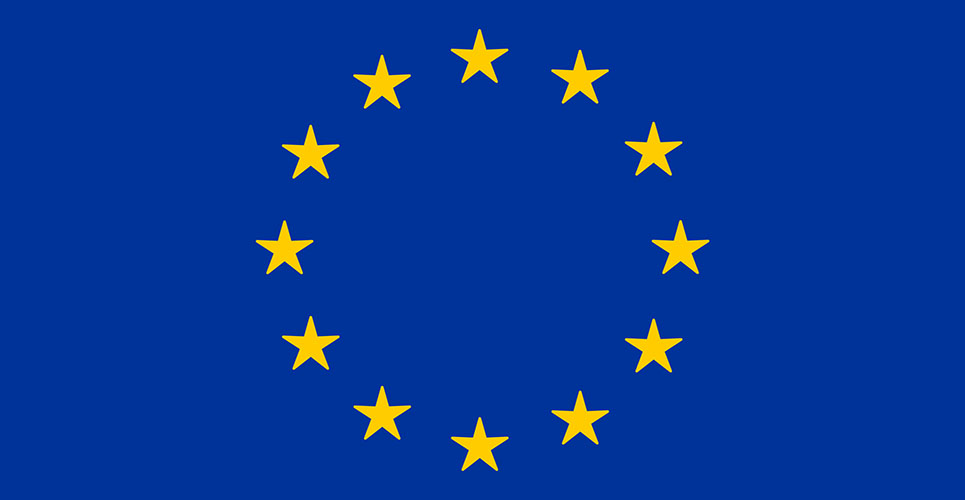teaser
Brian Edwards CBE
Emeritus Professor of Healthcare Development
University of Sheffield
UK
“Good health is key to economic growth and sustainable development,” according to the European Parliament and Council, who have recently published their 2005 work plan on community action in the field of public health. It is a big programme now in its third year, with a budget of €61m for 2005. At the top of the work programme list from year one has been the development of a set of EU health indicators, with a health portal being open to the public. Cause-of-death statistics are to be developed so as to gain new insights into mortality patterns and enable changes in health status across the EU to be monitored. This will lead to the development of a European Health Survey System, perhaps including a European Health Examination survey.
While short-term survey work will be part of the programme, the real prize is the development of sustainable long-term data collection systems focusing on particular diseases such as cancer, diabetes, mental health and cardiovascular diseases. Rare diseases of low prevalence, including those of genetic origin, are targeted for special work. A recent addition to the list is mortality data focused on the potential effects and specific consequences of events such as heatwaves, climate change and unexpected epidemics. E-health is to be encouraged, and the possibility of introducing an EU-wide electronic death certificate is to be examined. Attempts will also be made to improve the comparability of hospital data, including a minimum data set of core expenditure. This will involve a huge investment for harmonising the codification of data, especially that related to discharge diagnosis, medical procedures and diagnostic-related groups.
Preparedness for handling and responding to major public health threats is included in the work programme. The threats range from the spread of AIDS to biological and chemical attacks. The European Centre for Disease Prevention and Control will supervise the emerging surveillance networks for communicable diseases. In the HIV/AIDS area, the prevention of transmission between mother and child is a priority. Vaccines will play a major part in preparedness strategies, but they are also vital for public heath in general, in view of the recent drop in immunisation rates, which experts attributed to negative and unbalanced media coverage. Tools that help implement EU regulations on standards of quality and safety for the collection, processing and storage of blood and other human tissue and cells are to be developed. Antimicrobial resistance continues to be a target for EU action, and proposals are being developed for a network of European reference laboratories for rare bacterial pathogens of public health importance.
Work on the Community Strategy on addictive substances is given a particularly high priority in the 2005 programme, with tobacco controls and cessation strategies being at the top of the list. Drink driving countermeasures will be reviewed in the search for best practice and innovation, and the same will apply to the treatment of drug addiction. Obesity prevention in young children and the promotion of physical activity for both the young and the elderly are also targets for review. Mental health gets a mention, with a plan to see whether the evidence base for treatment can be improved. The Commission has also committed itself to EU-wide coordination of efforts to ensure the highest quality of genetic testing. In this area in particular, there are doubts about the most appropriate professional background and training for those who undertake and interpret the results. With appropriate training, pharmacists may find this is a growing part of their professional practice.
This work programme represents another major push into the field of public health. It looks eminently sensible to me, but some will view it with alarm and see it as further proof of EU meddling into national competencies. Further work in these areas is crucially dependent on the outcome of national votes on the new EU constitution.

